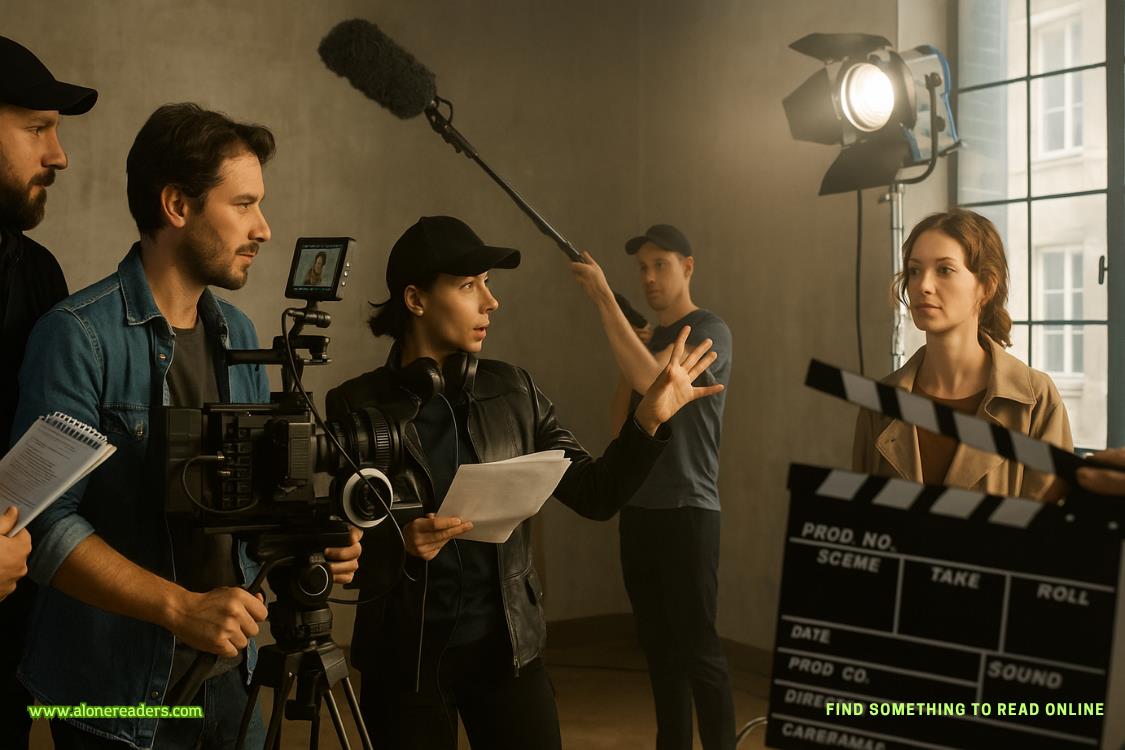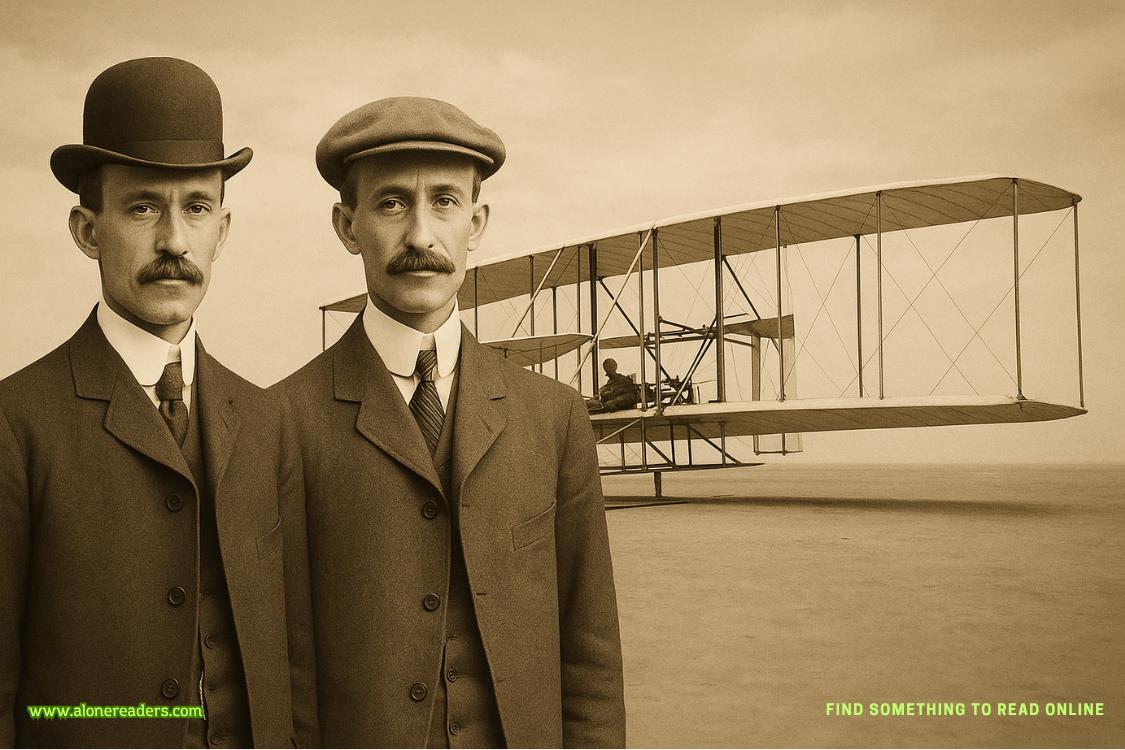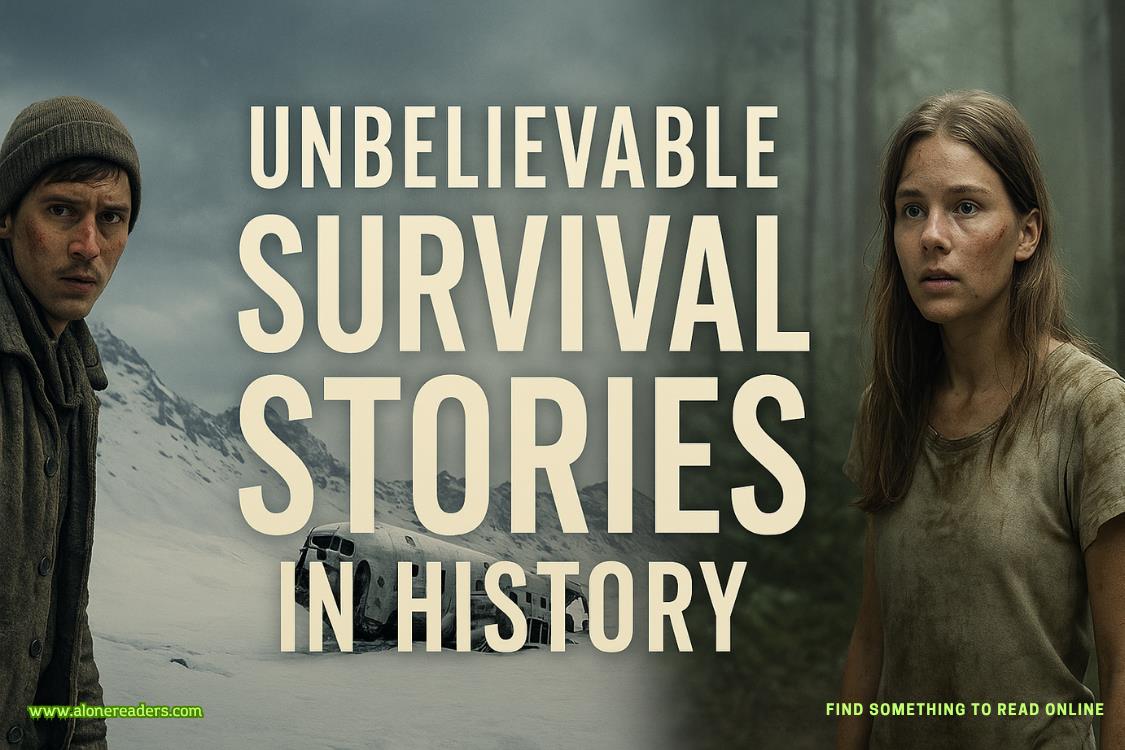Page 15 of Let Me In
She doesn’t seem the type to ask. Doesn’t seem like she’s ever been given room to.
But the second I saw her out there, holding her own bike like a shield, trying to negotiate with someone who thought his ego could muscle her down... I didn’t think. I moved.
It wasn’t a choice.
It was muscle memory.
And now I’m behind the wheel, Chevelle humming steady beneath me, and the image keeps replaying.
Her voice when she said, “He was… a lot.”
Her hands, clasping, like she could will the shake out of them. The motion caught me; not just because of the tremble, but because I wanted, instinctively, to cover them with mine. To still them. To tell her, in the silence between us, that she didn’t have to hold herself together alone. That someone saw her cracking and didn’t look away.
The way she looked at me. Like the weight had already lifted, and she didn’t know what to do with the lightness.
Something stirs in my ribcage—a pressure I haven’t felt in years, like a breath caught just shy of release.
Not anger. Not adrenaline.
Just the kind of sharp, protective ache that used to be second nature. The kind that says: mine to look after.
I don’t say that out loud. Not even to myself.
But it’s there.
She’s soft in a way most people aren’t anymore. Not fragile. Just… untouched by cruelty in a way that hasn’t fully broken her yet. But she’s braced for it. The kind of girl who flinches when kindness lands too close, as if she’s waiting for it to turn.
That’s what gets me, more than anything. The way she tried to thank me and apologize in the same breath. The way she called the buyer ‘a lot’ when what she meant was too much.
She never just asks. She justifies. Like she’s used to being questioned.
And her father just stood there.
Didn’t help. Didn’t step in. Didn’t come near.
That told me more than I needed to know. Not just that he wouldn’t step in—but that he’d seen her struggle before and chosen silence. The way his eyes slid past her, the way his shoulders stayed relaxed while hers curled inward. It spoke of long practice. A man who’d made a habit of watching his daughter drown and offering nothing at all. Not even discipline. Just disdain, cold and consistent, like it cost him nothing to write her off entirely. No anger. No protection. Just that flat, uncaring absence she seems to have memorized.
I downshift as I crest the last rise before the turnoff to the ridge. The Chevelle grips the road like it knows the way by heart. I haven’t even touched the radio. The engine’s enough.
The cabin’s just ahead. I’ll get there and maybe chop some wood. Walk the line. Sharpen the axe even though it doesn’t need it. Habit. Not paranoia.
I need something to put my hands on.
Because there’s something about her that pulls at every piece of instinct I’ve spent years burying. Every protective reflex. Every quiet, watchful, steady piece of myself I tried to put down with the rest of it.
And she brings it all back without even trying.
She’s not mine. Not yet. But the way that word lingers—yet—settles under my skin like a promise I haven’t spoken aloud. Like something already half-claimed in the quiet spaces between us.
But someone ought to look out for her.
And right now, that someone is me.
The gravel crunchesbeneath the tires as I pull in. I cut the engine, and the silence that follows is the kind that settles intoyour chest. No birdsong. No wind. Just the low tick of metal cooling and the weight of what’s still clinging to me.
The cabin waits; dark wood warm in the late sun. It doesn’t ask anything of me. Never has. That’s why I built it the way I did. Tight seams. Clean angles. Enough off the road that no one finds it by accident.
But I don’t go inside.
- His to Command by Emma Bray
- Detention with Daddies by Sofia T. Summers
- Daddy's Heart by Dani Wyatt
- Tarnished Hands by T.L. Smith
- The Way We Win by Tia Louise
- Tracked By Hound by Cassi Hart
- Until Presley by E.M. Shue
- Love in Excess by N. Slater
- The Madness Within by Raja Savage
- Greek's Enemy Bride by Caitlin Crews
- Taken by Lena Little
- Maddox by Piper Stone
- Property of Madman by Sapphire Knight
- Sacrificing Zoriah by Emily Klepp
- Omega's Triplets by J.L. Wilder
- Tag by Natalie Bennett







